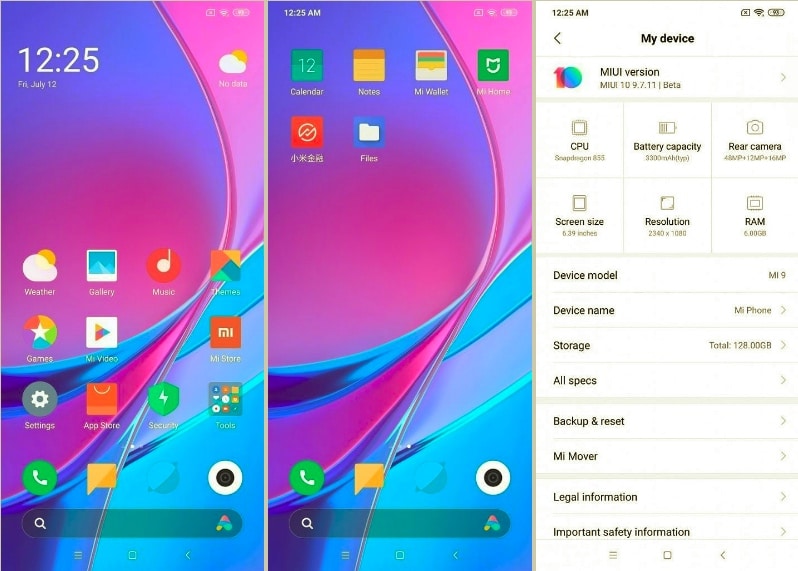
Being able to switch from one carrier to another is still a relatively tricky situation in the United States, but it may be getting even harder once Android Q rolls around.
As was first reported on Tuesday by 9to5Google, and based on Android’s Gerrit source code being published, it turns out that the upcoming major update to Google’s Android may allow carriers to have even more control over the smartphones under their banner. Specifically, Android Q will allow carriers to make specific rules for SIM cards in devices, essentially locking them down.
One of the changes would allow carriers to create new rules for “allowed” or “excluded” SIM cards in a specific phone. So, essentially, if Verizon wants to make it so that you can’t stick a SIM card from, say, T-Mobile in their phone, this new rule would allow that to be a reality. And it covers MVNOs, too — even the smaller prepaid networks that are operated by the bigger carriers.
Next, a way to restrict dual-SIM phones. This rule would make it possible for carriers to lock down that second SIM card slot altogether — unless a SIM card from an approved carrier is already present in the first SIM card slot.
There’s a good chance that, even if these rules are implemented in the final version of Android Q that ships out to the public and manufacturers, it won’t apply to unlocked devices at all. However, carriers, especially in the United States, might take full advantage of these rules if they are available to them. We’ll just have to wait and see how Android Q shapes up in the months ahead, considering Google is still quite a ways away before officially announcing the software update.
And it’s not all bad news. Android Q will also reportedly feature a system wide dark mode, as well as better permissions support for users.
[via 9to5Google]
















